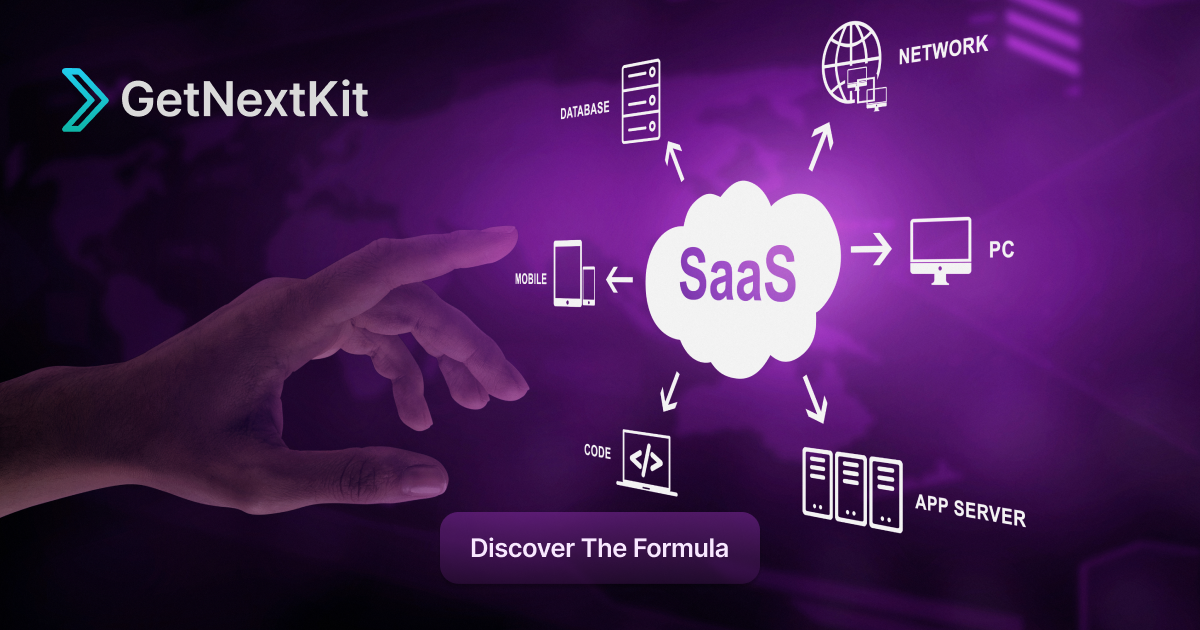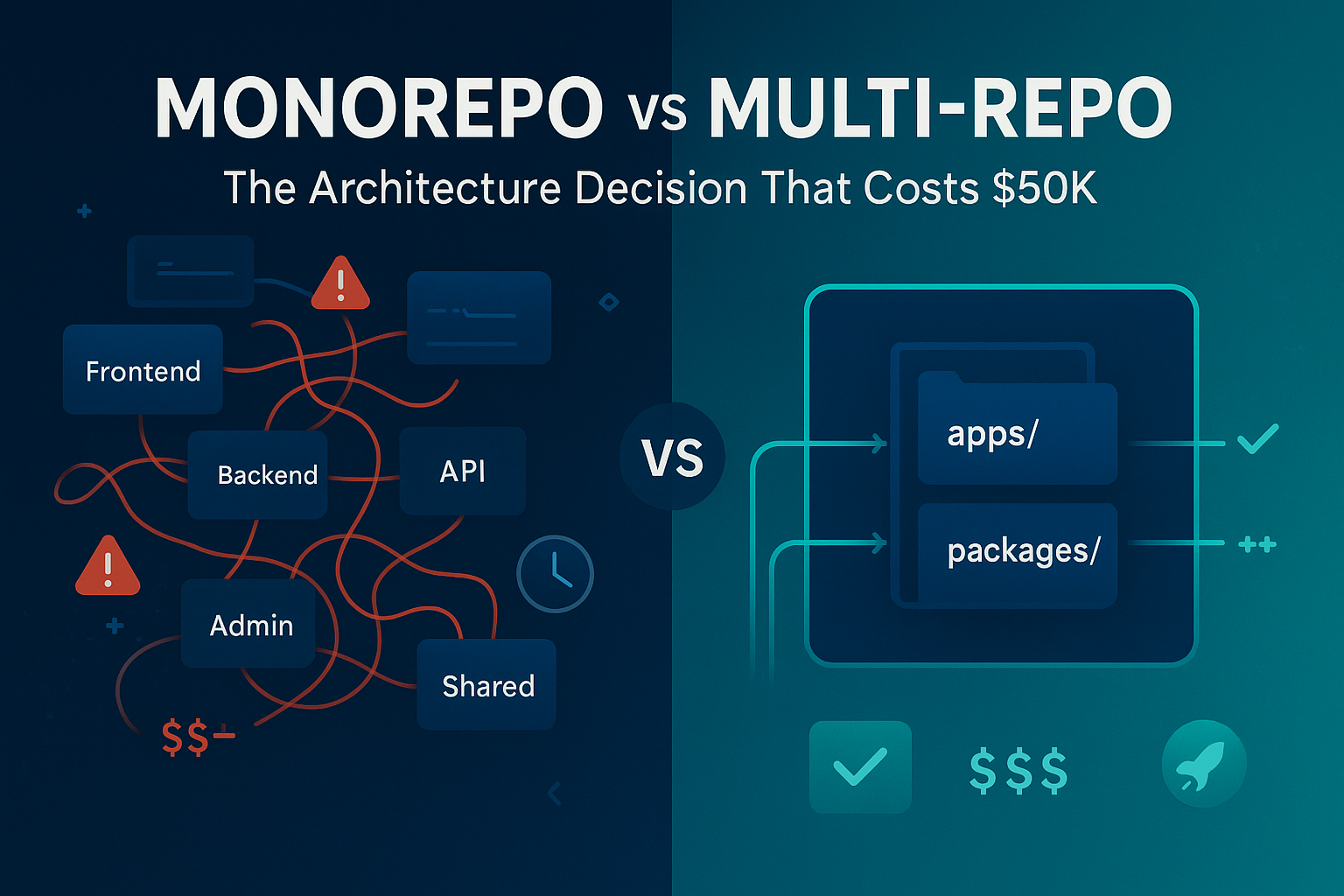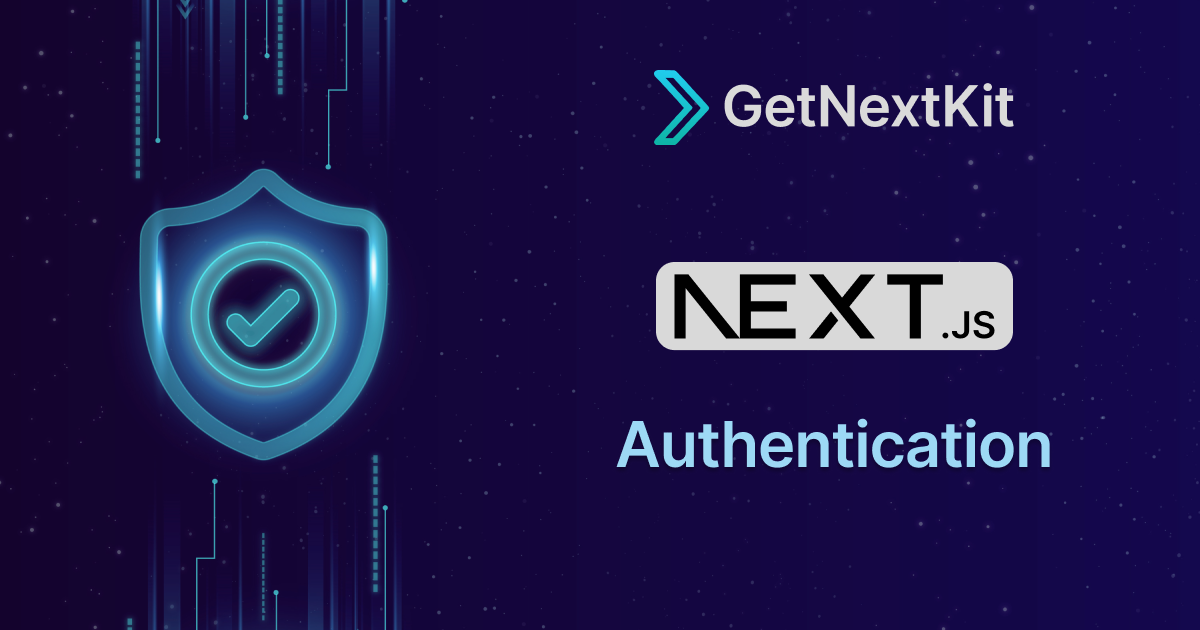The Successful SaaS Formula: What 50 Founders Wish They Knew
Learn the proven formula successful SaaS founders use to launch fast and grow to $10K MRR. Based on insights from 50+ founders who made it.
Hasan Hatem

After interviewing 50+ SaaS founders who reached $10K+ MRR, one pattern became crystal clear: the successful ones didn't do what you'd expect.
They didn't write better code. They didn't have revolutionary ideas. They didn't raise funding.
Instead, they followed a simple formula that every failed founder ignored.
The Formula That Actually Works
Success = Speed × Feedback × Focus
That's it. Not complexity. Not perfection. Not features.
Let me break down what successful founders actually did differently.
1. Speed: Your First 100 Hours Determine Everything
What failed founders do: Spend 3-6 months building the "perfect" MVP.
What successful founders do: Launch something embarrassing in 1-2 weeks.
Sarah, who built a $25K MRR email tool, told me: "I launched with a product so basic I was embarrassed. But I had paying customers in week 2. My competitor spent 6 months building and never launched."
The pattern is consistent:
- Successful founders: Average 14 days to first deployment
- Failed founders: Average 3.5 months (most never launch)
The speed secret? They don't build authentication, payments, or user management from scratch. They use boilerplates, starter kits, or existing tools. They focus 100% on their unique value proposition.
2. Feedback: Real Users Beat Your Assumptions Every Time
What failed founders do: Build in secret, perfect every feature, launch to crickets.
What successful founders do: Share broken versions with anyone who'll look.
Marcus ($40K MRR project management tool) shared his approach: "I literally showed people a Google Sheet mockup. Five people said they'd pay for it. Only then did I start coding."
The feedback rule that works:
- Week 1: Show mockups to 10 people
- Week 2: Get 3 people to try your terrible MVP
- Week 3: Get 1 person to pay (even $10)
- Week 4: Use their feedback to improve
If you can't get one person to pay in 30 days, you're building the wrong thing.
3. Focus: One Feature, One Customer, One Channel
What failed founders do: Build 10 features for everyone, market everywhere.
What successful founders do: Obsess over one thing.
Every successful founder mentioned this. They picked:
- One core feature (that solves one painful problem)
- One customer type (that they deeply understand)
- One distribution channel (that they can dominate)
Tom ($60K MRR analytics tool) was blunt: "My first version did one thing - track Stripe revenue. That's it. My competitors had 50 features. But I did that one thing perfectly for Stripe users. That focus won."
The Mistakes That Kill SaaS Dreams
After 50+ interviews, these are the patterns that predict failure:
The "Perfect Code" Trap
"I need clean architecture" = Never ships "I'll refactor later" = Ships and succeeds
The "One More Feature" Loop
"Let me just add..." = Death by a thousand features "This is good enough" = Actually makes money
The "Build Everything" Mentality
"I'll save money building from scratch" = Spends 6 months on authentication "I'll buy/use a boilerplate" = Launches in a week
The Modern SaaS Playbook
Here's what successful founders in 2025 actually do:
Day 1-3: Foundation
- Clone a Next.js boilerplate (not build from scratch)
- Set up Stripe (not perfect custom billing)
- Deploy to Vercel (not optimize infrastructure)
Day 4-10: Core Value
- Build ONE feature that solves ONE problem
- Make it work for ONE type of customer
- Ignore everything else
Day 11-14: Launch
- Share in ONE community where your customers hang out
- Get feedback from real users
- Iterate based on what they actually want
Month 2-3: Growth
- Double down on what's working
- Ignore feature requests that don't align
- Focus on getting to 10 paying customers
The Truth Nobody Admits
Every founder I interviewed who made it past $10K MRR admitted the same thing: they took shortcuts early on.
They used:
- Boilerplates or starter kits (80% of them)
- No-code tools for non-core features
- Existing solutions for solved problems
- Technical debt as a strategy, not a mistake
As one founder put it: "I spent $299 on a Next.js starter kit and launched in a week. My competitor spent 3 months building auth from scratch. I had 50 customers before they launched."
Your Next 7 Days
If you're serious about building a successful SaaS, here's your challenge:
Day 1: Pick one problem you can solve
Day 2: Talk to 5 people who have that problem
Day 3: Sketch the simplest possible solution
Day 4-6: Build it (use shortcuts, starters, whatever)
Day 7: Show it to those 5 people
That's it. No excuses. No "but I need to..." No perfectionism.
The Bottom Line
The successful SaaS formula isn't complex. It's not about writing perfect code or having amazing ideas. It's about:
- Moving fast (even if it's messy)
- Getting feedback (even if it hurts)
- Staying focused (even if it's hard)
Every day you spend perfecting code that users haven't validated is a day your competitor is talking to customers and iterating.
Choose your path: Be the founder still setting up authentication in month 3, or be the one with paying customers in week 2.
The formula works. The question is: will you follow it?
Ready to skip the 3-month build trap? GetNextKit gives you authentication, payments, and everything else in minutes, not months. Join hundreds of founders who launched in days, not months.
Share this article
Related Articles

Next.js Monorepo vs Multi-Repo for SaaS: The $50K Mistake Nobody Talks About
Learn why 73% of SaaS startups regret their repo architecture choice and how to pick the right structure for your Next.js SaaS from day one

Next.js Authentication: The Complete 2025 Guide (With Code)
Learn how to implement authentication in Next.js applications. Compare Auth.js, Clerk, and Supabase Auth with practical examples and best practices.
Ship Your Next.js SaaS in Days, Not Months
Why most Next.js MVPs take 3+ months to launch and how to build yours in under a week using the right starter kit.
